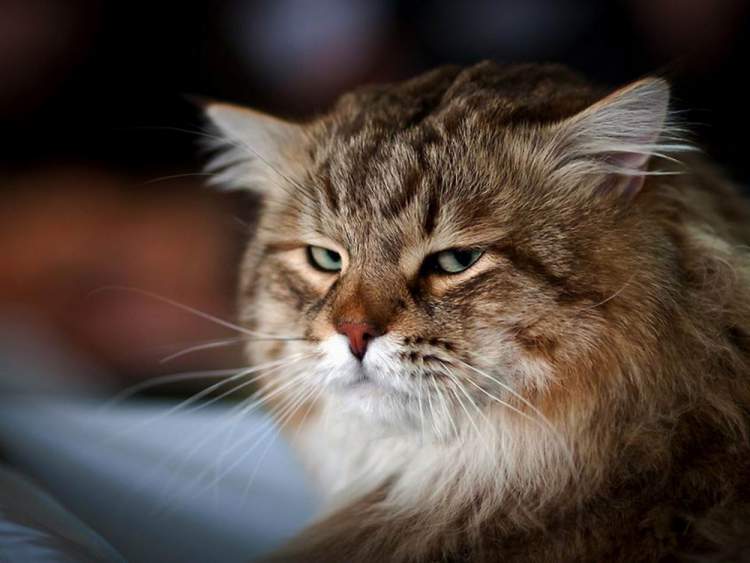A recent survey carried out at the University of Tokyo was published by the British newspaper The Independent and revealed something that many “cat moms and dads” did not imagine: they ignore you on purpose. Yes, that’s exactly what you read!
Anyone who has a dog is usually greeted with a lot of euphoria and affection after a long day away from home. Dogs also respond to the calls of their human parents with great excitement.
On the other hand, cats practically pretend you don’t exist when you come home or call your name. They do this on purpose.
The results of Japanese research guarantee that cats do not have any problems with hearing or understanding. They are fully capable of recognizing their owners’ voices, but prefer to “pretend” they don’t hear them.

The reasons why your cat prefers to ignore you may be related to the evolution of its species. Let’s better understand why this happens.
See Also: Is it bad to sleep with a pet in the bed?
And more: 7 incredible dog breeds for apartments
How was the research carried out?
Led by Atsuko Saito and Kazutaka Shinozuka, the study looked at 20 domestic cats in their own homes.
While their owners were away from the cat, the researchers played three voice recordings: a stranger followed by the owner followed by another stranger.
The Japanese then analyzed the cats’ responses to each recording by measuring a series of factors: movement of the ears, tail, head, dilation of the eyes and displacement of the paws.
Upon hearing their names called, the cats displayed what the researchers called “orienting behavior,” meaning they moved their heads and ears to locate where the sound was coming from.
However, this only happened upon hearing their owner’s voice, as the cats refused to move when called by a stranger.
See Also: What your dog’s health says about you
What do the survey results indicate?
These results indicate that cats do not actively respond with communicative behavior to owners who call them, even if they can distinguish their owners’ voices.
This human-cat relationship is in direct contrast to the human-dog relationship.
The study suggests that the reason for cats’ “callous” behavior can be traced back to the species’ early domestication, contrasting this with humans’ relationship with dogs.
Recent genetic analyzes have revealed that the common ancestor of the domestic cat was Felis silvestris, also known as the wild cat, a species of cat that first came into contact with humans around 9,000 years ago.
These cats have practically domesticated themselves.
Historically, cats, unlike dogs, were not domesticated to obey the orders of humans. Instead, they seem to take the initiative in human-cat interactions.
This is in contrast to the history of dogs and humans, where the former was created thousands of years ago to respond to orders and commands. Cats, it seems, never needed to learn.
However, this is unlikely to cause sadness among cat owners, as dogs are generally seen as a more affectionate species than felines.
The study concludes by noting that the behavioral aspects of cats that cause their owners to become attached to them are still undetermined.
The truth is that although cats have a reputation for being “snobbish”, that doesn’t mean they don’t like their owners.
For all the historical reasons for its evolution, the cat simply reacts more independently, but still enjoys the company of humans in its own way.
See Also: Your pet can help you live a healthier life

Sign up for our newsletter and stay up to date with exclusive news
that can transform your routine!
Warning: Undefined array key "title" in /home/storelat/public_html/wp-content/plugins/link-whisper-premium/templates/frontend/related-posts.php on line 12
Warning: Undefined array key "title_tag" in /home/storelat/public_html/wp-content/plugins/link-whisper-premium/templates/frontend/related-posts.php on line 13



